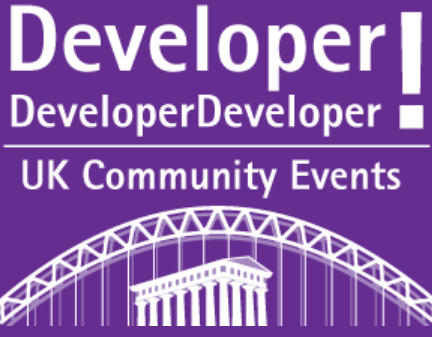C# 3.0 and Stronger Magic
/Warning: This is a techie heavy post. If you are after witty prose and belly laughs then I suggest you look elsewhere (but then again - what are you doing here in the first place).
Just been to the presentation by Anders Hejlsberg about what C# will be doing in the future. I took a bunch of notes on the mobile phone which I've tidied up to post here (apologies for typos and spelling errors that got through):
Extensions
You you can add a method to an interface. Then any object that implements the interface can use the method. Extension methods are brought in with the interface by means of a using statement. You can add them to classes too. Serious potential for stupidity/confusion here but also a lot of power. What I call a Spiderman situation (With great power comes great responsibility).... You may end up leaving the impression that your extension is part of C# itself. I wonder if anyone has thought about colour coding the intellisense?
Talking of Intellisense (the bits in Visual Studio which suggest what items you might want to enter at a given point in the code) it seems that it is now part of the language design in that there is an inherent assumption by the language that it will be there for the programmer.
Var
The var keyword lets you simplify the deceleration process. The type of the thing that you are making is inferred from the type of the expression on the right. In this respect it smells a bit like the dim statement in Visual Basic, but there is a bit more to it than that. It underpins a general principle that you can manipulate items for which you have not specifically created a type, but from which the compiler can infer the required information to make sure that your code has integrity.
Lambda Expressions
Lamda expressions let you pass code as a parameter to a method. Sometimes you need to tell a method what to do. In C# you usually need to create a delegate type which you then point at a method which does the job. With a lambda expression you can put the behavior right in place. There is no need to make a delegate.
Object Initialisers
Object initialisers let you set initial values during declaration of an instance. Can also initialize collections.
Expression Trees
These are scary. They let me manage code as data. The compiler will produce the tree based on a lambda expression it is given. It ends up as a bunch of atomic actions which you can pass around as data. You can also modify the tree or produce one of your own from scratch. You can also compile these into IL or use them to make things like SQL statements. This is how we get our C# program code mapped into database queries for the Linq stuff.
Automatic Properties
Not sure about these, they just seem to save you typing. They let you create properties directly without needing to produce the get and the set right at the start. Must have both get and set, but you can make set private if you want a read only property. You can also put real methods in later.
Linq Database Access
This is perhaps the jewel in the crown of the C# upgrades. Query expressions use context sensitive keywords to map the query into method calls. This happens during compilation. Linq uses lambda expressions to denote the selection criteria.
A query result can deliver a result as an anonymous type (created based on the context of the result required). Because this class implements things like IEnumerable (so you can work through it) you can use the var keyword to create variables to work on the data. C# will be able to infer the required type. This means that you don't need to create loads of classes just to deal with query results.
There were some good code examples which show how queries are mapped onto code. And the other good thing is that if you download the whole thing and play with it yourself.
